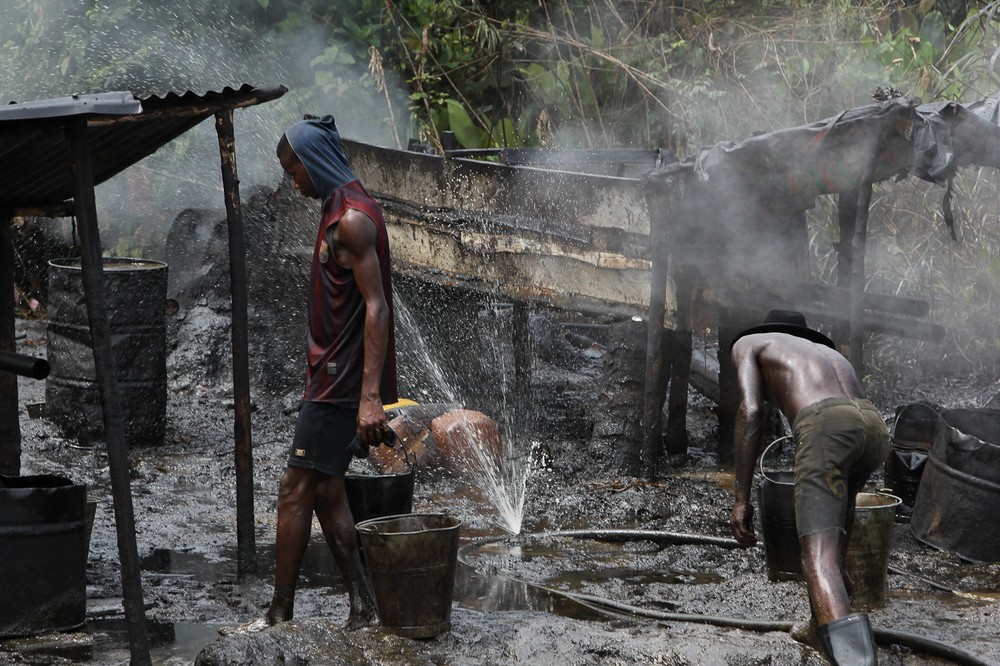About 23 of the companies granted licences to establish private refineries in the country are yet to commence work, and may lose their permits as their June 2018 deadline approaches, National Daily findings has revealed.
If the licences expire without the coming on stream of the facilities, the country’s quest to attain self-sufficiency in refining petroleum products could be frustrated.
Of the 32 licences issued between December 2007 and June 2016, only five have progressed to the APC stage. The other 27 are at the LTEs level while 23 others are yet to commence work.
Amakpe International Refinery, with the oldest revalidated licence (ATC December 2007), is among the old batch of licensees that got stuck due to funding challenges.
If the licences expire, history might well be repeating itself as it was in 2002 when DPR granted 21 LTE permits with an 18-month tenor to private companies which never yielded result largely due to financial and feedstock (crude supply) issues.
The regulator admitted that the licensees were mostly challenged by funding given the precarious foreign exchange situation in the country. But it insisted that there would be no feedstock guarantee for any investor.
The agency went on: “The refineries will source for their own crude. They can buy from the international oil companies (IOCs) or marginal fields’ operators (MFOs) at prevailing international market prices.”
Expressing concerns over crude supply to the private refineries, the Head, Energy Research, Ecobank Plc, Dolapo Oni, noted: “The refineries must be adequately supplied with crude oil. This is another challenge I think the Dangote Refinery would face except it sources its own crude from abroad, without relying on Nigerian crude.”
ALSO SEE: Niger Delta Modular Refinery project targets 20, 000 barrels per day production
Oni also decried the under-utilisation of the existing refineries, which he described, as so badly managed and operating at below 50 per cent capacity for many years.
The Deputy Director, Emerald Energy Institute, University of Port Harcourt, Prof. Chijioke Nwaozuzu, explained that based on its location, the project was positioned more for export. “The location of the refinery is close to the Atlantic Ocean, which would suggest that as part of contingency plans, they intend to use the ocean for crude oil deliveries as well as refined products export.”
To avoid a repeat of the past ugly incident, Nwaozuzu urged government to divest some of its equities in the IOCs JVs for the private refineries.
This, he noted, would ensure the security of supplies of feedstock to the refineries. “Government will also generate significant revenues, which, if spent wisely, could enable Nigeria to come out of economic recession and stagflation,” he added.
But the Chief Operating Officer, Gas and Power, NNPC, Saidu Mohammed, saw no big deal in feedstock guarantees. He cited several countries that are big refiners of petroleum products but do not produce crude oil.

 Latest5 days ago
Latest5 days ago
 Latest1 week ago
Latest1 week ago
 News4 days ago
News4 days ago
 Comments and Issues1 week ago
Comments and Issues1 week ago
 Latest6 days ago
Latest6 days ago
 Health1 week ago
Health1 week ago
 News1 week ago
News1 week ago
 News1 week ago
News1 week ago







